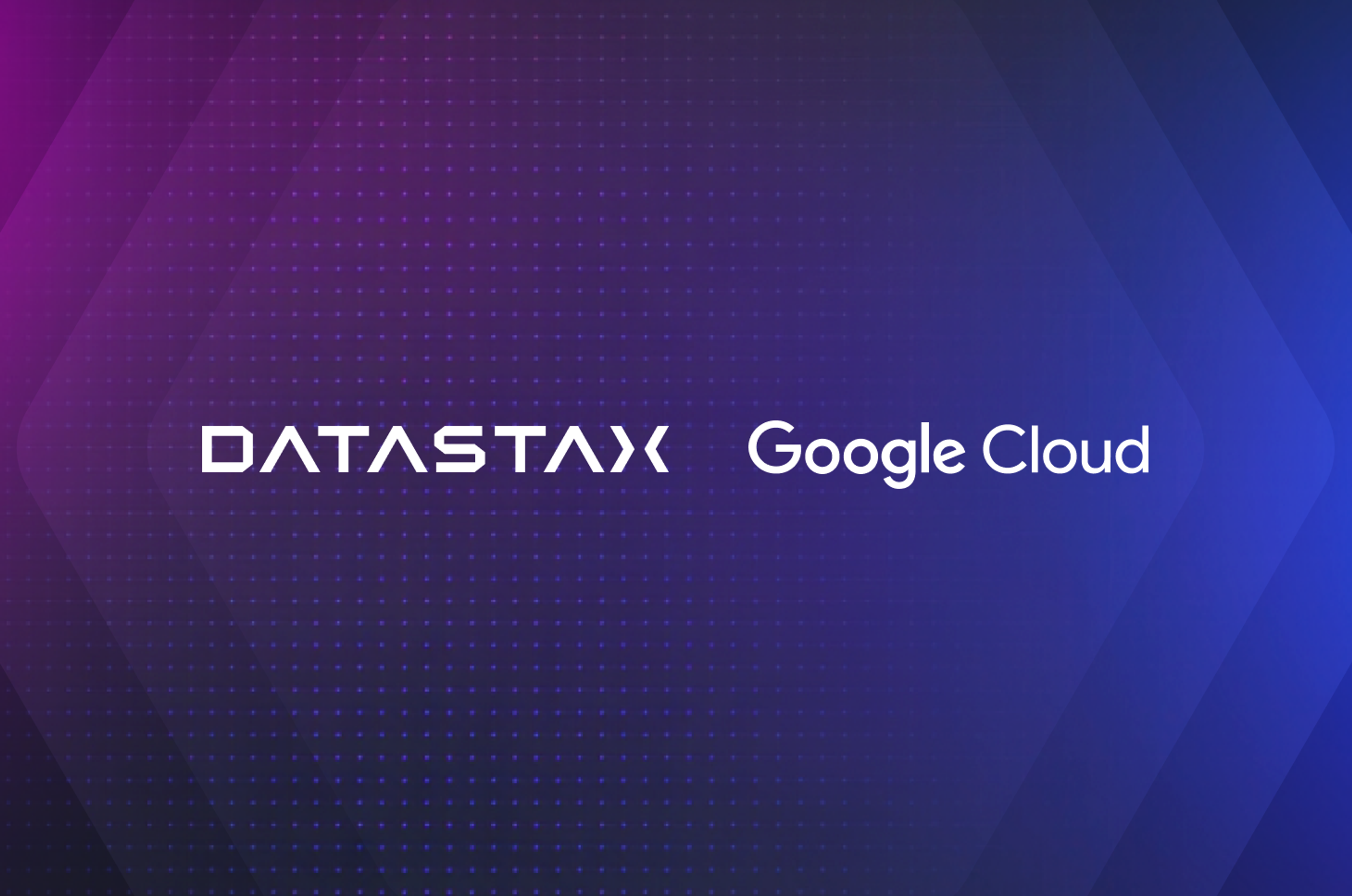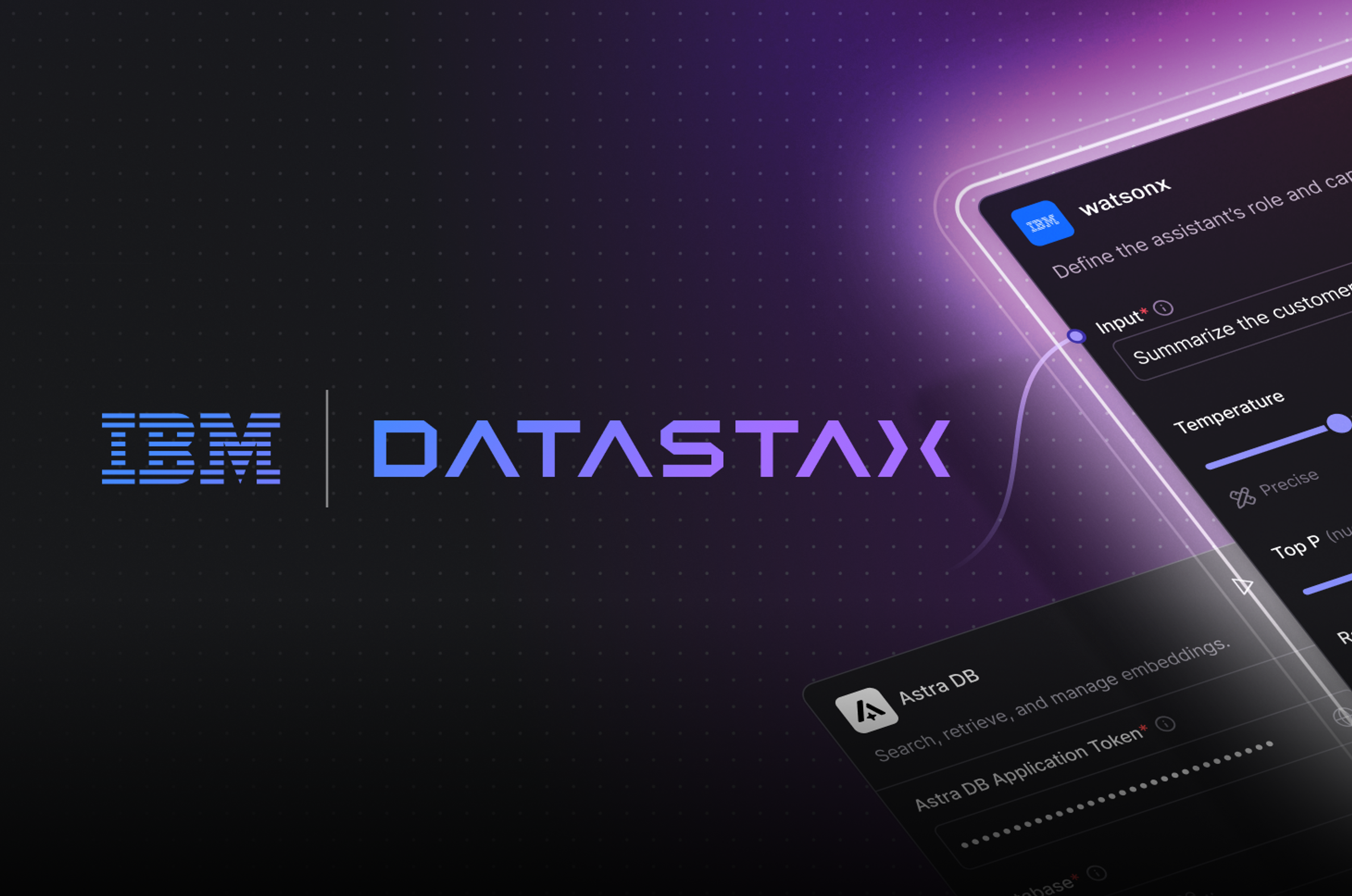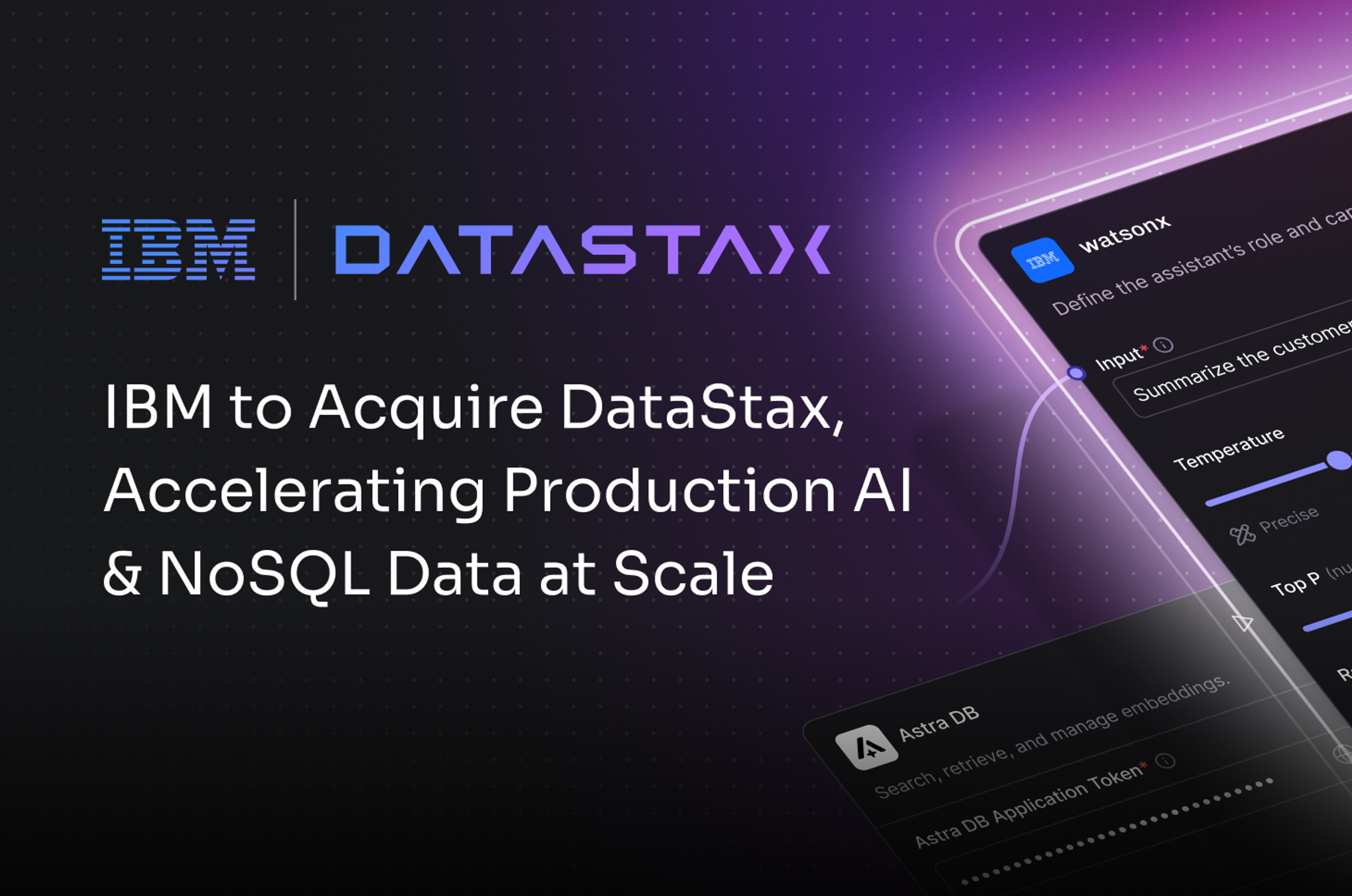NoSQL databases have seen a lot of growth in the past several years. The realities of the pandemic have exposed how important it is to have a reliable, agile technology infrastructure in place with proven software like the open source Apache Cassandra® -- which is crucial for business continuity, low latency, and being able to effectively support increased data traffic. Demand for data at all companies will only increase in the coming years, and the reality is, much of this is unexposed cost that may create an unsustainable burden for many organizations.
To help organizations understand some of these costs, we’ve published a new report, “Cassandra Total Cost of Ownership Study”, where we reveal the full costs and true value of Cassandra self-managed on Google Cloud versus the fully-managed DataStax Astra serverless Cassandra offering. Our final three-year TCO figures for the study reveal a cost of serverless Cassandra of $740,087, and a cost of self-managed OSS Cassandra of $3,174,938.
In our comprehensive assessment, which is available for download, we included dedicated compute hardware (for self-managed Cassandra), cost per read and write operation (on serverless Cassandra , storage growth (each write operation adds new data), and people costs in three-year total cost of ownership (TCO) calculations. People costs consider the extra capabilities in serverless Cassandra needed for the workload that are often workarounds in self-managed Cassandra. We used market rates and usual splits of full-time equivalent (FTE) and consulting in our people costs. The production FTE for Astra was .2, for example.
A realistic performance test based on a use pattern relatable to a modern enterprise was established using NoSQLBench, a performance testing tool for the NoSQL ecosystem. This established the basis for our serverless Cassandra pricing and helped determine the configuration of the OSS platform.
We selected a 10-node self-managed Cassandra cluster of the n2-highmem-16 virtual machines, the Ubuntu 18.04 operating system, and installed the latest version of self-managed OSS Apache Cassandra for our test. Since serverless Cassandra is fully managed, there was no configuration to select.
The use case was built on a consumer application, which typically experiences a peak and a trough of activity each day. Many applications experience variability in traffic or workload, and even applications that appear stable can be variable if the timeframe being measured is long enough. In our workload, on average, the peak is around midday, and the lowest amount of activity is overnight around midnight. For simplicity and given the ongoing nature of online commerce and business activity of today, we also assumed this usage pattern continued seven days a week and 365 days a year.
For serverless Cassandra , we used the best pricing made available during the initial public release of the DataStax’s Astra serverles Cassandra database-as-a-service. For self-managed OSS Cassandra on GCP, we considered the cost of an enterprise-grade deployment, including two (2) 10-node production clusters (for disaster recovery) and one (1) 10-node development/test cluster. We also provisioned twice the amount of projected storage needed.
Our final three-year TCO figures for the study reveal that serverless Cassandra is 75% less expensive than self-managed Cassandra, with 95% fewer production costs, 3x less complexity, and 44% lower operational costs than self-managed Cassandra. One driver is that serverless Cassandra has a time to market advantage, since a developer without a Cassandra skillset can get started immediately.
This test proves the immense value of serverless Cassandra for a Cassandra deployment in an enterprise project. Our research validates that serverless Cassandra can significantly reduce deployment time and costs over self-managed Cassandra workloads,representing an elegant and cost-effective option for tapping the power of the Cassandra scale-out database for workloads that require global scale and zero downtime. In the paper, all the information necessary is included to replicate this test.
Download the “Cassandra Total Cost of Ownership Study” here.











